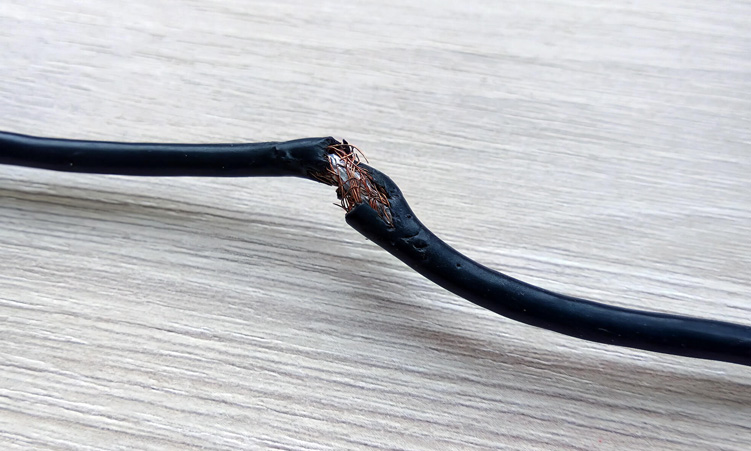DESPITE persistent fuel shortages at some service stations around the country, industry officials and local fuel companies maintain that the nationwide petrol shortages will soon be a thing of the past.Meanwhile, motorists are advised to look for fuel at the next service station when encountering empty tanks.
Last week, Namibia caught the backlash of a South African refinery closure to upgrade for the upcoming end of leaded fuel usage in the region. Although the closure was planned, it took longer than anticipated and motorists around South Africa and neighbouring countries experienced a shortage of fuel, particularly 95-octane unleaded, at various filling stations.However, according to Harald Schmidt, secretary of the Namibian Oil Industry Association, the arrival of a tanker at Walvis Bay harbour on Thursday heralded a renewed supply, which should see the country through the Christmas season.He highlighted the way in which local fuel suppliers had worked together to ensure that fuel could be found in towns around the country, albeit not at every service station.During the crisis period, the interests of the country were put first and local companies worked together, but “now that the crisis has been averted, it’s competition as usual again”, he said.The new consignment of fuel has not yet reached all service stations in Namibia, though.Engen Namibia said that the distribution of fuel started in all earnest after the ship docked at Walvis Bay on Thursday, but that it was a slow process because there is a limited number of tanker lorries and railway cars equipped to handle such loads.Shell’s Country Manager Willie Mugatle echoed this.”It takes time [to transport fuel] from the coast to Windhoek,” he said.The tanker lorries are already on the road and fuel should reach Windhoek by train today, he added.Last week, the supply companies were rationing their limited supplies to ensure that the country’s traffic would not grind to a halt over the holidays.Priority areas were chosen to receive fuel supplies, while other places had to make do with the stock at hand.The towns that were neglected last week would get priority now, Mugatle said.This strategy is aimed at minimising inconvenience for motorists as well as service stations, which lose business when their tanks run dry.Schmidt elaborated that fuel supply companies are focusing on distribution now, with trucks already dispatched to supply outlying depots like Tsumeb, Mariental and Keetmanshoop, from which nearby service stations will draw their supply.Road carriers have also already arrived in Windhoek but these made smaller drops of about 5 000 or 10 000 litres at as many service stations as possible so that most have at least a minimal supply today.According to Schmidt, another tanker ship is expected to dock at Walvis Bay on December 26 and a third on December 27 or 28, after which the situation should quickly return to normal.The Cape Benat, which arrived in Walvis Bay last week, carried 26 000 tons of fuel.The tanker expected on December 26 will bring a further 30 000 tons, with the final tanker also bringing a similar quantity.Although the closure was planned, it took longer than anticipated and motorists around South Africa and neighbouring countries experienced a shortage of fuel, particularly 95-octane unleaded, at various filling stations.However, according to Harald Schmidt, secretary of the Namibian Oil Industry Association, the arrival of a tanker at Walvis Bay harbour on Thursday heralded a renewed supply, which should see the country through the Christmas season.He highlighted the way in which local fuel suppliers had worked together to ensure that fuel could be found in towns around the country, albeit not at every service station.During the crisis period, the interests of the country were put first and local companies worked together, but “now that the crisis has been averted, it’s competition as usual again”, he said.The new consignment of fuel has not yet reached all service stations in Namibia, though.Engen Namibia said that the distribution of fuel started in all earnest after the ship docked at Walvis Bay on Thursday, but that it was a slow process because there is a limited number of tanker lorries and railway cars equipped to handle such loads.Shell’s Country Manager Willie Mugatle echoed this.”It takes time [to transport fuel] from the coast to Windhoek,” he said.The tanker lorries are already on the road and fuel should reach Windhoek by train today, he added.Last week, the supply companies were rationing their limited supplies to ensure that the country’s traffic would not grind to a halt over the holidays.Priority areas were chosen to receive fuel supplies, while other places had to make do with the stock at hand.The towns that were neglected last week would get priority now, Mugatle said.This strategy is aimed at minimising inconvenience for motorists as well as service stations, which lose business when their tanks run dry.Schmidt elaborated that fuel supply companies are focusing on distribution now, with trucks already dispatched to supply outlying depots like Tsumeb, Mariental and Keetmanshoop, from which nearby service stations will draw their supply.Road carriers have also already arrived in Windhoek but these made smaller drops of about 5 000 or 10 000 litres at as many service stations as possible so that most have at least a minimal supply today.According to Schmidt, another tanker ship is expected to dock at Walvis Bay on December 26 and a third on December 27 or 28, after which the situation should quickly return to normal.The Cape Benat, which arrived in Walvis Bay last week, carried 26 000 tons of fuel.The tanker expected on December 26 will bring a further 30 000 tons, with the final tanker also bringing a similar quantity.
Stay informed with The Namibian – your source for credible journalism. Get in-depth reporting and opinions for
only N$85 a month. Invest in journalism, invest in democracy –
Subscribe Now!










